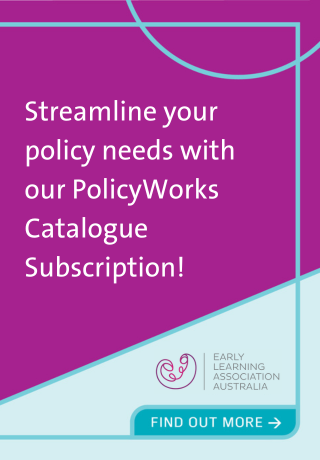
18 OctDealing with Medical Conditions Policy
Approximately 12 per cent of children in Australia have a serious, chronic or potentially fatal medical condition. With 200 serious or chronic health conditions affecting children and adolescents, the impact of a serious medical condition on a child’s education can be significant.
Serious or chronic medical conditions in children include, but are not limited to, anaphylaxis, asthma, cancer, cerebral palsy, cystic fibrosis, diabetes, epilepsy, gastro-intestinal issues, immune system conditions, juvenile arthritis, neurological disorders, musculoskeletal disorders and skin conditions.
To achieve the best possible educational outcomes, children with medical conditions need ongoing and coordinated support from their family, health professionals and early years service.
To assist children to stay safe and healthy, National Regulation 168 and 90 states that services must have a policy for dealing with medical conditions in children.
When a child who has a diagnosed health care need, allergy or relevant medical condition is enrolled at the service, additional requirements must be met to ensure that the child’s safety, health and wellbeing is protected. Key requirements that must be in place before the child commences attending the service include having:
- a medical management plan for the child provided by the parents
- a risk minimisation and communication plan developed in consultation with the child’s parents
- considered any adjustments to the usual practices of the service to be fully inclusive of the child.
The nature of the specific health care need, allergy or relevant medical condition can vary significantly for each individual child. Every reasonable precaution must be taken to protect children from harm and from any hazard likely to cause injury. Preparations for high-risk scenarios, including establishing clear decision-making processes for calling an ambulance, should be addressed in the medical conditions policy.
The medical conditions policy must be followed (regulation 170) and be always readily accessible and available for inspection in the service or on request (regulation 171). A copy of the medical conditions policy must be provided to the parent of a child enrolled at the service who has a diagnosed healthcare need, allergy or relevant medical condition (regulation 91).
In addition to the National Regulations and Law requirements, ELAA’s Anaphylaxis, Asthma, Diabetes and Epilepsy Policies have been reviewed by subject matter experts to ensure they are in line with contemporary research and practices.
Does your service have fully up-to-date policies?
For more information visit our website.




